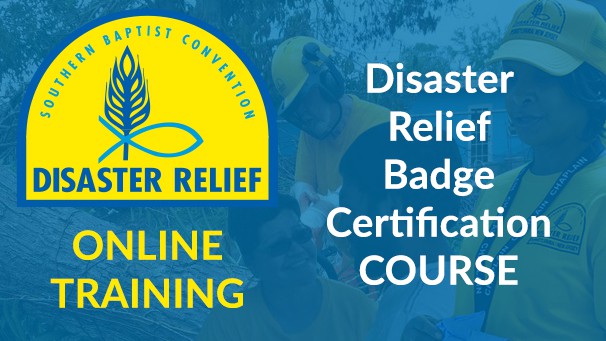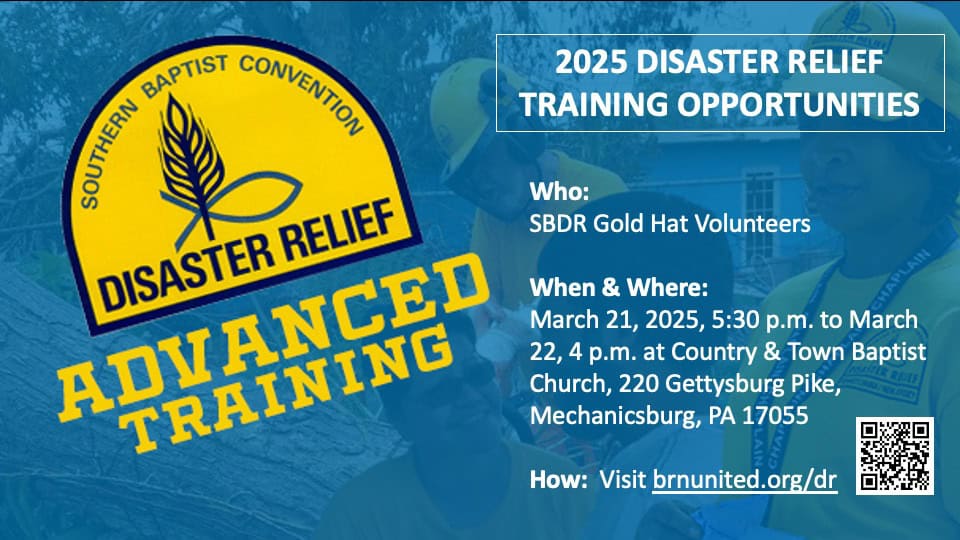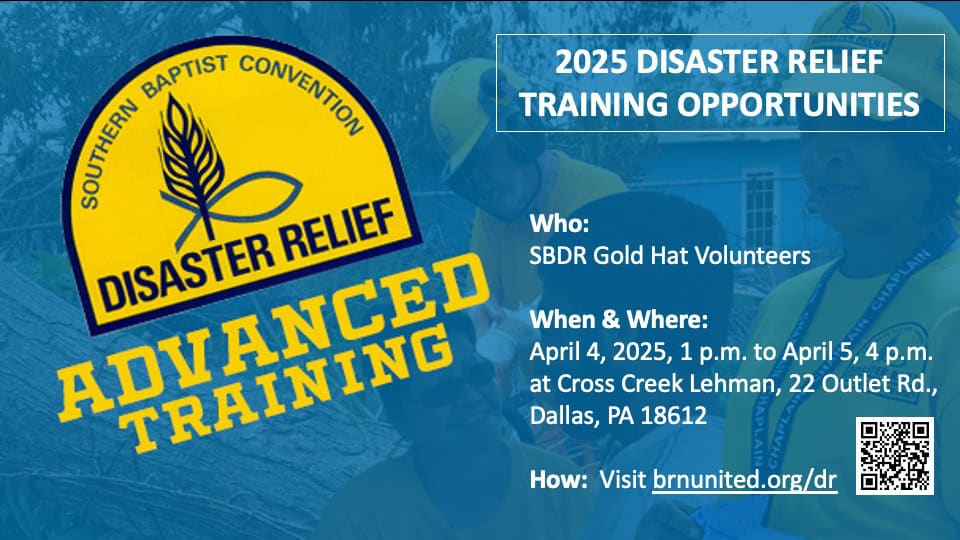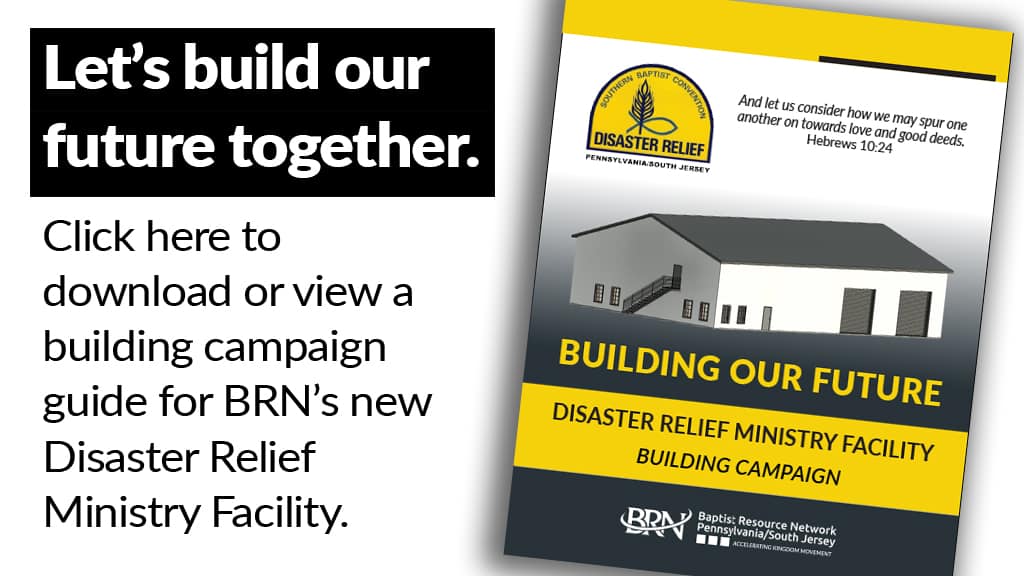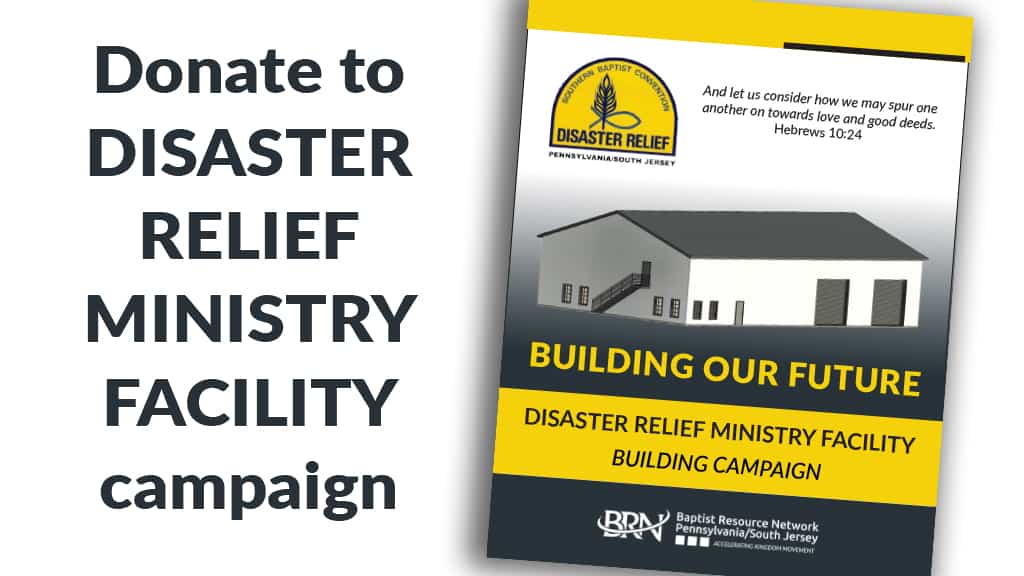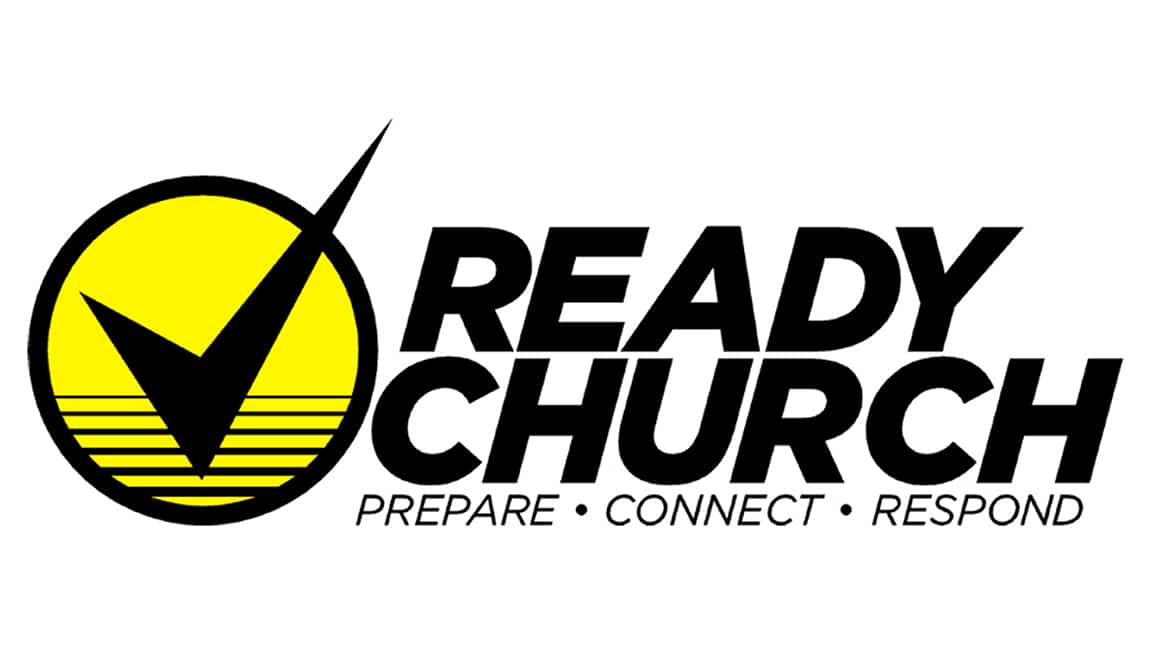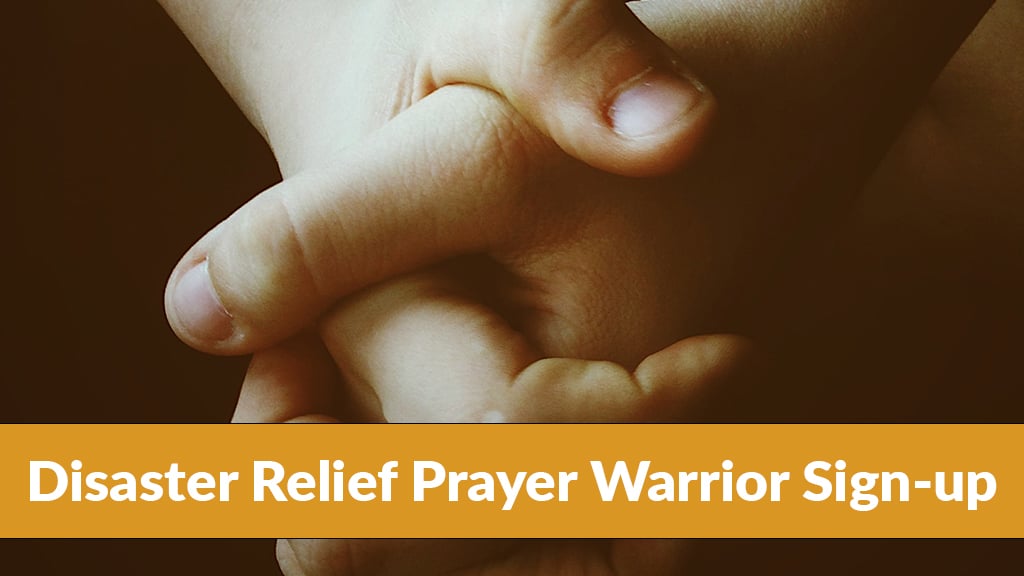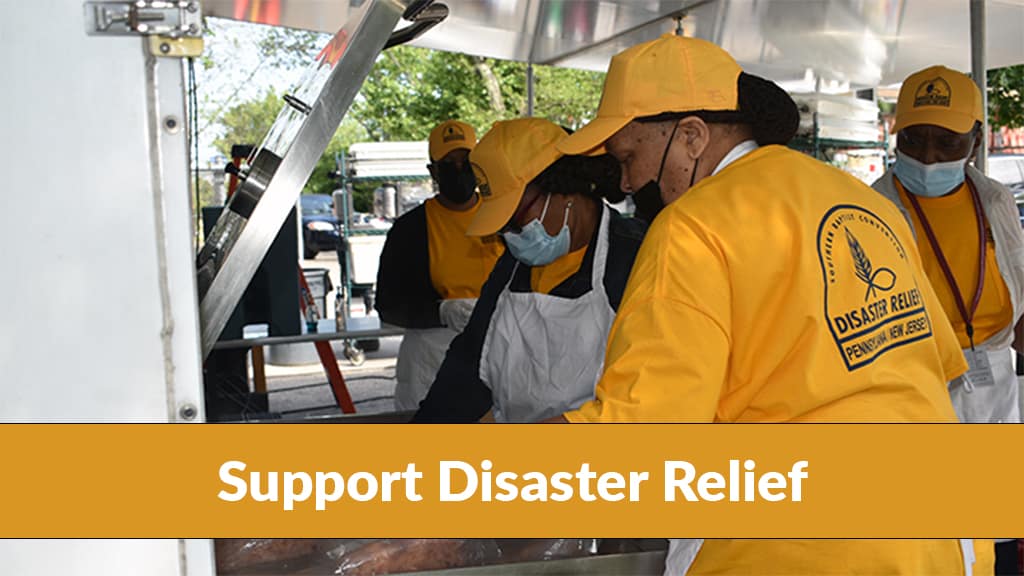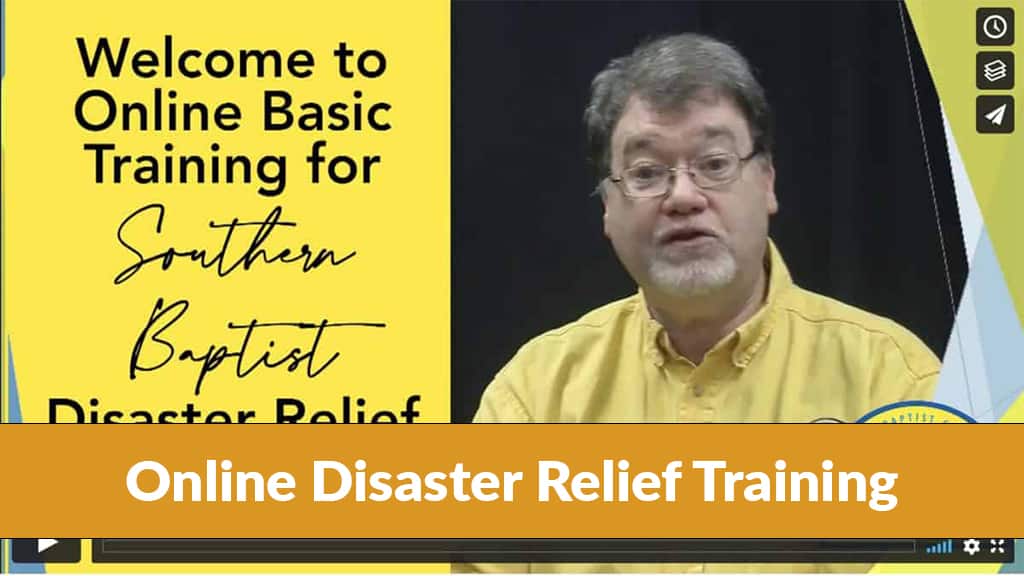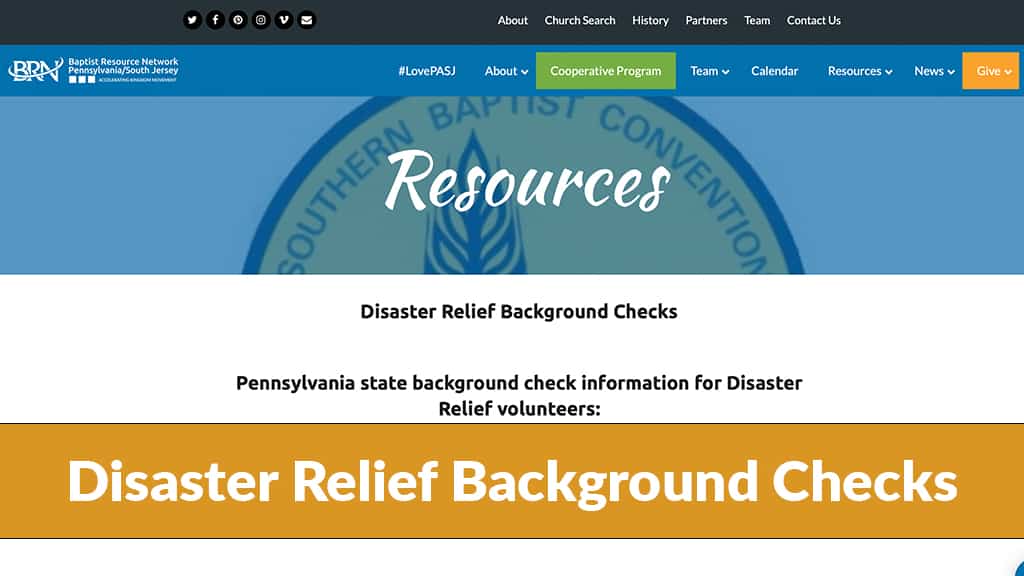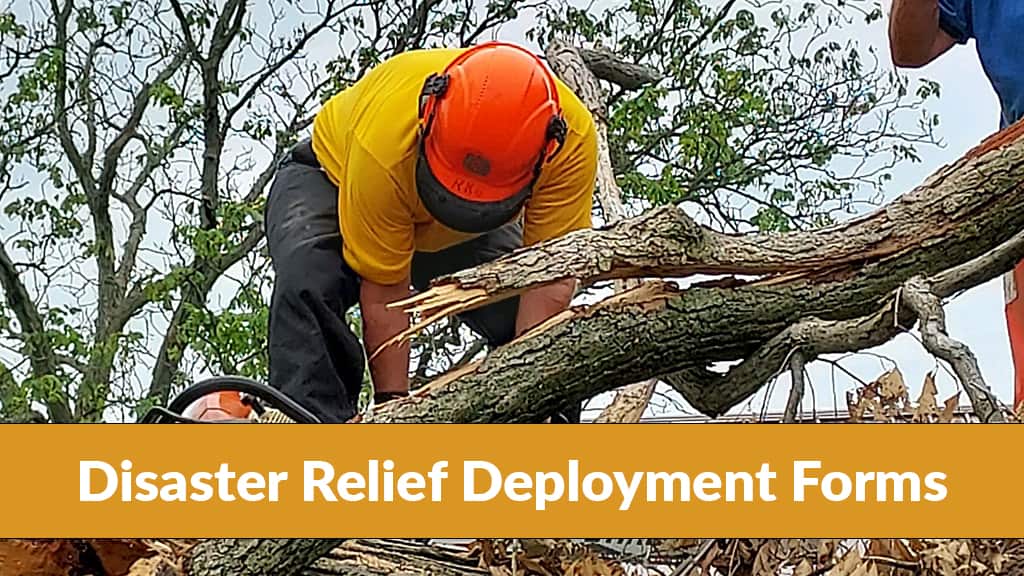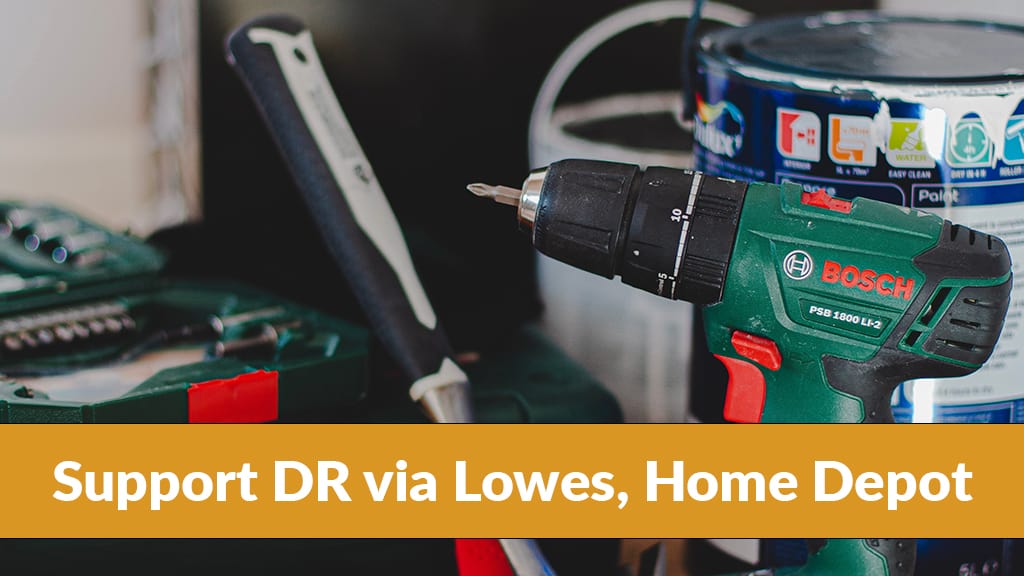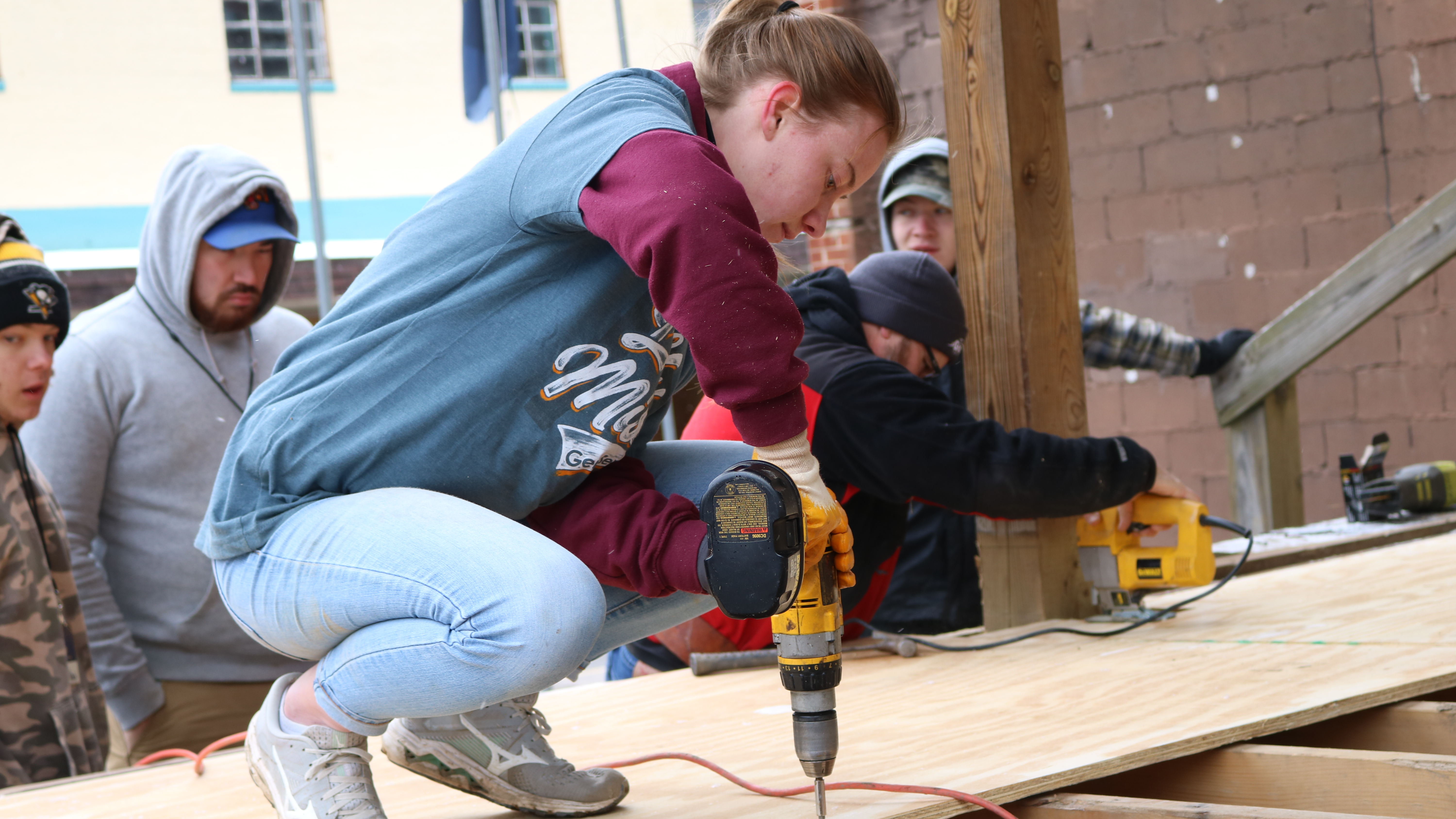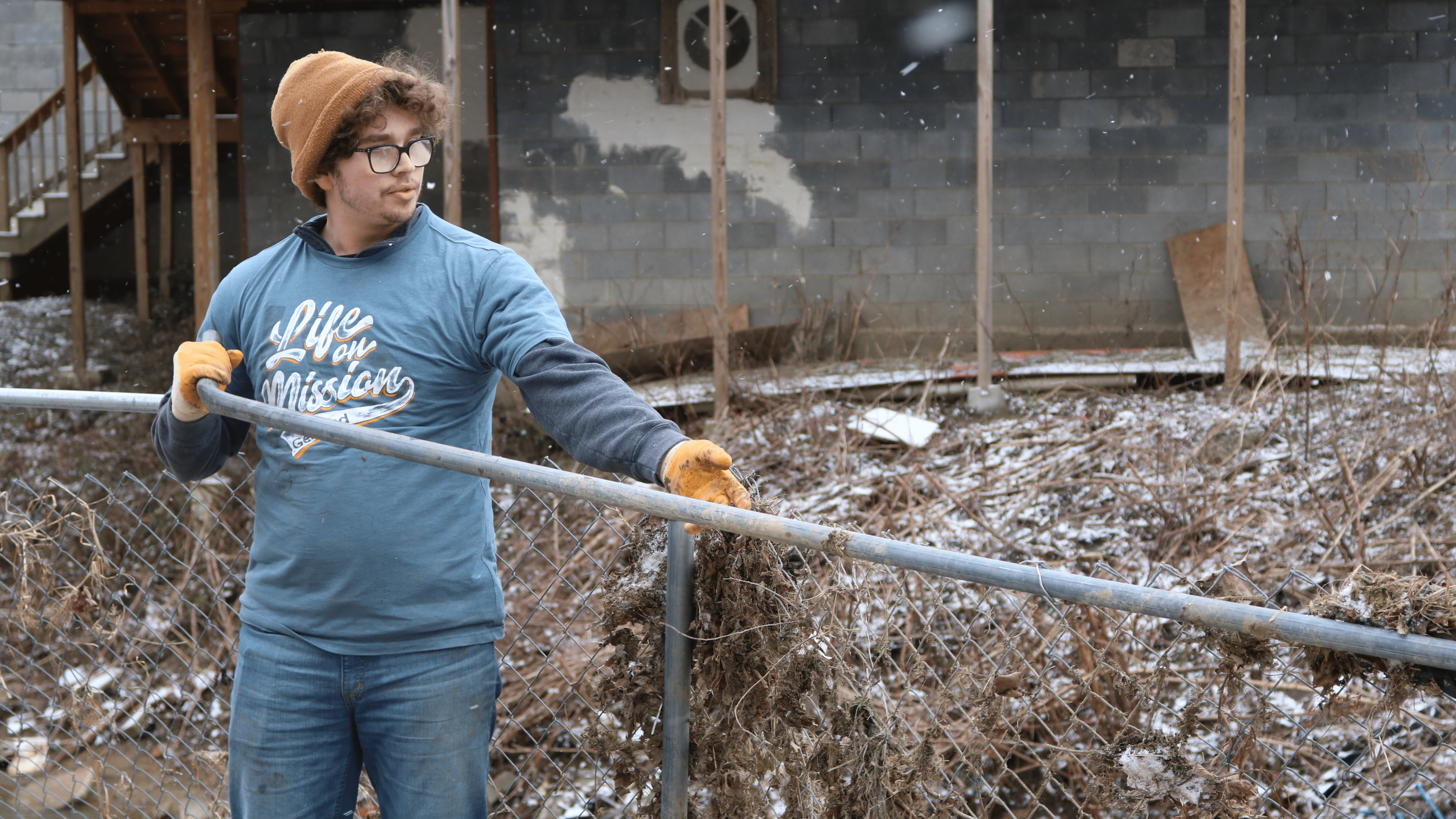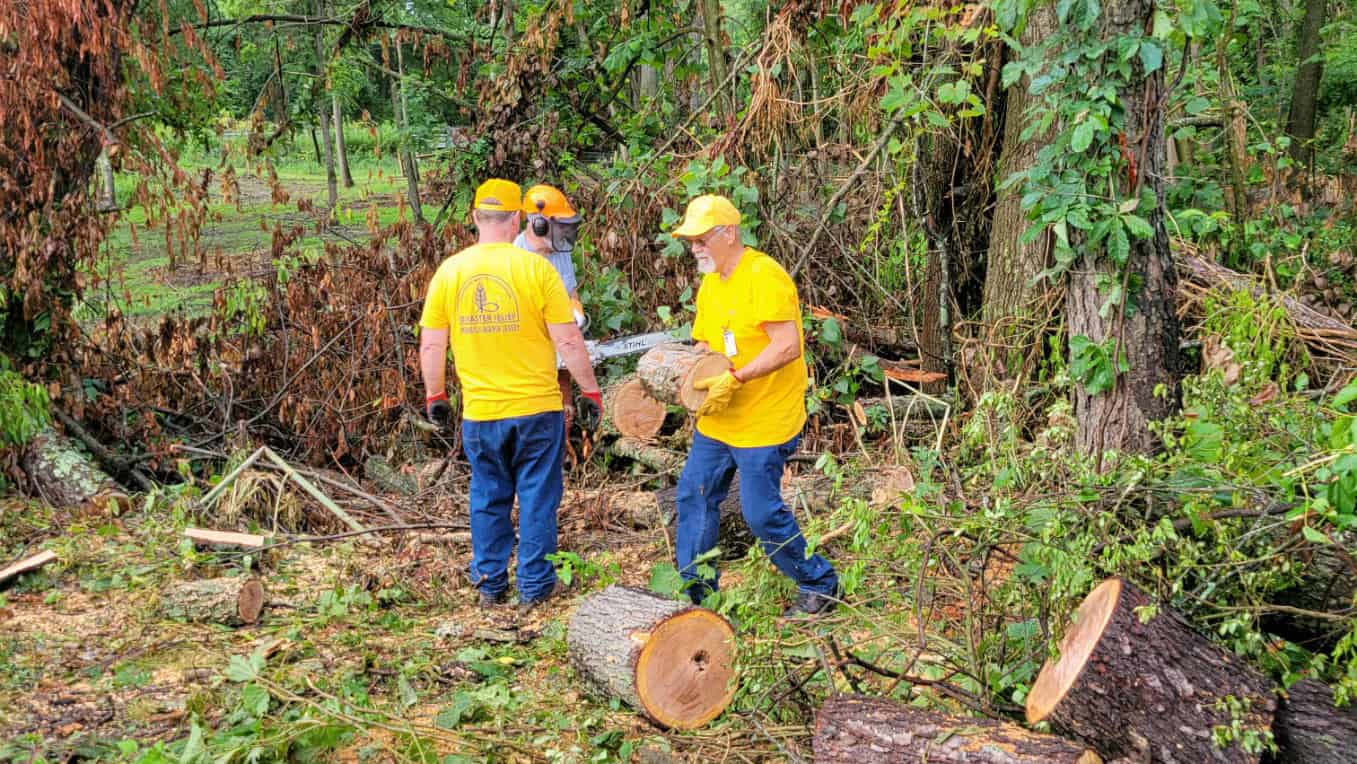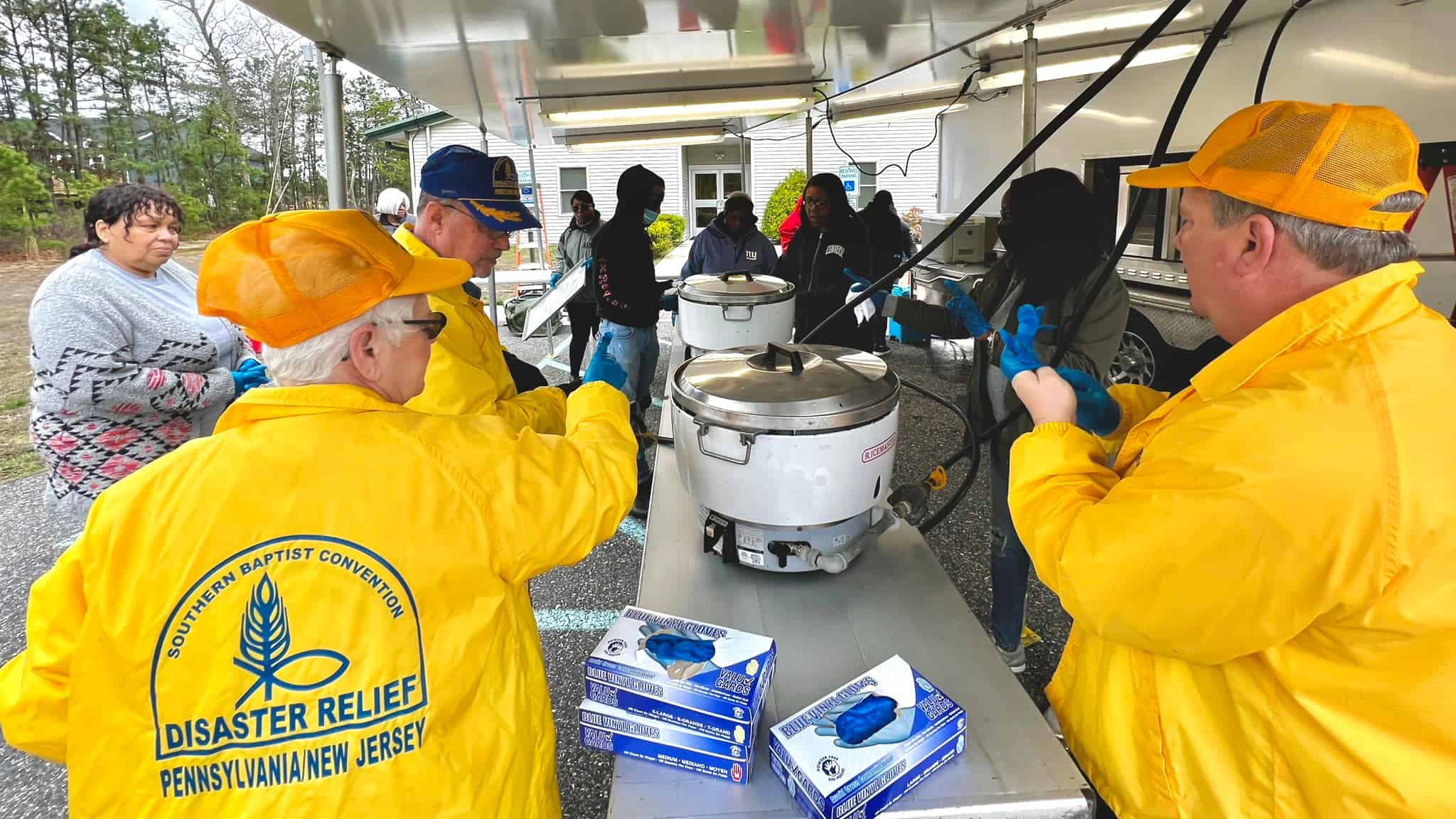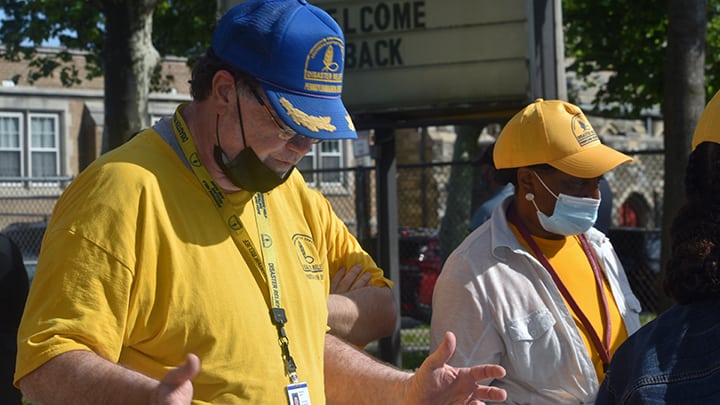Southern Baptist Disaster Relief is one of the top disaster response organizations in the world because we are able to quickly deploy well trained and experienced volunteers to the point of need and provide logistical support for them. Many disaster relief organizations serve only a humanitarian purpose, but that is not us. We are compelled by Christ’s love for all mankind AND his desire that no one should perish. We keep our focus by nurturing our individual relationship with Jesus Christ in the context of a local body of believers who recognize and call out our giftedness in service to God and our neighbors.
Upcoming Trainings
Quick Links
We Bring Help
When disasters happen, people and communities find themselves in immediate need of basic necessities: food, water, shelter, electricity, and fuel, etc. Our network of volunteers and equipment makes it possible for Southern Baptist Disaster Relief to quickly respond anywhere in the United States and in many places around the world.
Southern Baptist Disaster Relief can also provide direction for the energy of individuals and churches desiring to be of service. Through planning, training, and practicing, disaster response teams can be positioned to provide the leadership and expertise required for an efficient response.
We are known for our mass feeding capacity (which we still maintain), but we have added other ministries including but not limited to: flood recovery, chainsaw recovery, fire recovery, temporary roofing, etc. In addition, we have impressive capabilities in chaplaincy, shower, laundry, child care, communications, power generation, water purification and more. Following Jesus’ example, we bring real help at just the right time.
At the end of the day, we endeavor to utilize natural talents, knowledge, and acquired skills to proclaim the Kingdom of God and meet the crucial needs of the people in the name of Christ Jesus.
We Bring Hope
There are two kinds of hope. The first is illustrated by the following quote:
[A substantial percentage] of those impacted by disaster find their usual coping mechanisms have failed and find themselves suffering significant distress. While their immediate life needs may have been met they still cannot see a better tomorrow; they have no hope that things will get any better. (Pastoral Crisis Intervention 2002 International Critical Incident Stress Foundation, Inc.)
For these people, hope is being able to see a way forward. It is a situational hope. They may have slipped into hopelessness before the disaster happened. Or perhaps the disaster is the source of their distress. All they can see in front of them is a mountain without a way around it. As a disaster relief volunteer, you may be able to offer them the hope that there is a way around the mountain. You may be able to actually remove the mountain.
The other kind of hope is relational. This hope is present regardless of a person’s situation because it rests on the person and work of Jesus Christ. In Christ, hope is also eternal. As a SBDR volunteer, you are a messenger of good news and the bearer of eternal hope. As Colossians 1:27 says, “God wanted to make known among the Gentiles the glorious wealth of this mystery, which is Christ in you, the hope of glory.” Be ready. The act of bringing help may open the door to share the hope of eternal life through Jesus Christ. Ministry may prepare the soil for the planting of the seed of the gospel. This is our greatest work because it leads to eternal results. So, be prepared to answer the question “How much does this work cost?” with “The price has already been paid . . .”
We Bring Healing
Just the simple act of listening to those who are affected by disaster initiates the healing process. In most cases, the survivor’s greatest need is having someone listen to their story. By allowing others to tell how they were affected by an event, we assist them in realizing that it does not have to be permanently debilitating.
When we arrive with a feeding unit and a team of volunteers who bring smiles and words of hope along with a nutritional meal, affected residents get the feeling that someone cares; that they won’t have to wonder about where to get their next meal. Fear and dismay give way to healing. When a neighborhood crushed by mass destruction is paralyzed by shock and grief, we can step in to bring a sense of order to the chaos by showing them a way forward and offering assurance that God knows their plight and hears their prayers. When a family whose home and possessions have been destroyed by flood, wind, or fire sees a team of caring people in gold hats and shirts removing mountains of debris and bewilderment, they begin to see the possibilities for a new beginning. Suddenly, what seemed hopeless and impossible starts looking like a plan with a purpose. And most importantly, the question “Where is God when I need Him?” is transformed into belief that “God is here and He cares for me.”
It is not unusual for our presence to be a catalyst for reconciliation between neighbors and family members. Nor is it strange for us to help “victims” become factors in their own recovery. When our volunteers bring their knowledge and experience to the disaster, they can ease tension and stress by helping individuals and communities align their expectations with reality. Regardless of the form healing takes, it is inspiring to remember that in every town Jesus visited, He left many healed people in His wake.
